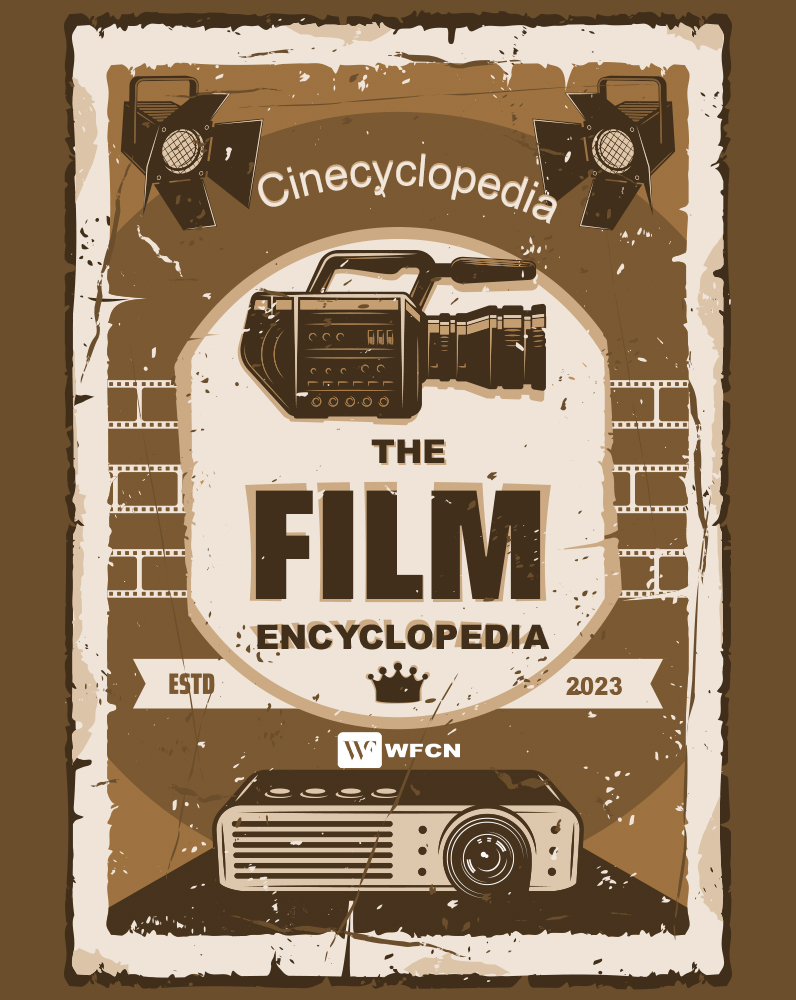Films
Created on : December 6, 2023 13:21 | Last updated on : January 22, 2024 11:31
Denotation
A film, sometimes referred to as a "movie" or "motion picture," is a collection of moving pictures that tell a story and are typically displayed on a screen with sound.

Introduction
Film, as an art form, is a testament to human creativity, ingenuity, and storytelling prowess. It has evolved tremendously since its inception, shaping cultures, perceptions, and entertainment across the globe.
At its core, film is the culmination of various artistic elements, cinematography, storytelling, acting, film directing, and sound design, blended harmoniously to create an immersive experience for audiences. Its evolution can be traced back to the late 19th century, marked by the Lumière Brothers', first public screening of a motion picture in 1895, a pivotal moment that sparked the birth of cinema.
The journey of film has been a tapestry woven with innovation and imagination. From silent films to talkies, black and white films to color, and the advent of CGI and special effects, each era brought new dimensions to storytelling. Techniques in cinematography, editing, and sound design have constantly pushed boundaries, enhancing the visual and auditory experience.
Films Across the Globe
Several countries have significantly impacted global cinema with their unique storytelling and filmmaking styles. Hollywood, synonymous with the American film industry, stands tall as a beacon of cinematic excellence. It has produced iconic films across genres, shaping global pop culture and influencing filmmaking worldwide. The glitz and glamour of Hollywood have given birth to timeless classics, groundbreaking blockbusters, and innovative independent cinema.
However, the impact of cinema is not limited to Hollywood. The Indian film industry has created a massive footprint in global cinema. Bollywood's colorful musicals and captivating storytelling have garnered a vast international audience, showcasing the richness of Indian culture and traditions on screen.
Moving to Asia, Japan's approach to filmmaking, particularly in the realm of anime movies and avant-garde cinema, has earned global acclaim. The works of directors like Akira Kurosawa have left an indelible mark on the art of filmmaking, influencing generations of filmmakers worldwide.
In Europe, the birthplace of cinema, countries like France, Italy, and the United Kingdom have contributed immensely to the art form. French cinema, renowned for its artistic depth and intellectual themes, has produced influential directors such as François Truffaut and Jean-Luc Godard. Italy's neorealism movement and the legendary works of Federico Fellini have shaped the course of cinematic history.
Additionally, Filmmaking in South Korea cannot be overlooked. The country's unique storytelling and bold narratives in films like Oldboy and Parasite have captivated global audiences, earning critical acclaim and numerous accolades.
Conclusion
In conclusion, film as an art form, transcends boundaries, languages, and cultures. Its evolution reflects the ever-changing landscape of human expression and creativity. From Hollywood's blockbusters to the artistic depth of European cinema and the cultural richness of Asian films, the global impact of cinema remains a testament to the universal language of storytelling. As we move forward, the cinematic journey continues to inspire, entertain, and provoke thought, shaping our collective imagination for generations to come.